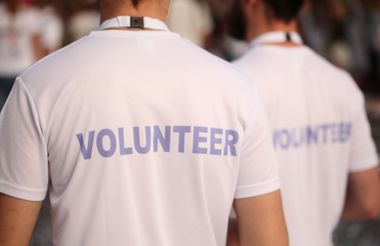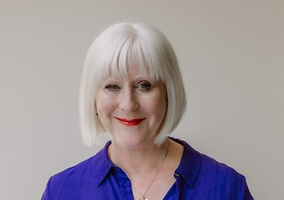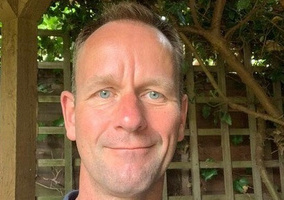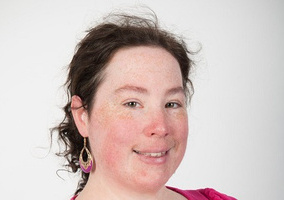When recruiting and managing a group of volunteers, it is important to recognise the range of different needs and ways of working. With the amount of time and resources invested in getting volunteers on board, charities and organisations need to look at how they can be adaptable and best support their volunteers.
In the UK, 15-20% of the population is neurodivergent, equating to around 13 million people and including more than 700,000 autistic people. Thanks to greater awareness of neurodivergent conditions, more people are now being diagnosed compared to a decade ago.
At the National Autistic Society, our aim is to help create a society that works for autistic people. A key part of this work is raising awareness so that all industries and areas of business can learn more about autism and how to better support autistic people at work.
We see first-hand the challenges that autistic people face day-to-day and the small changes that can make their lives easier. However, when it comes to the working world and their volunteering, there is certainly more that can be done.
A large number of our volunteers are autistic themselves which helps us to understand what support is needed in society. While we set out to make the community more accessible, we also want to ensure our volunteers are feeling supported and can also share that knowledge with other charities to help them support any of their volunteers that are autistic.
Recognising the gap
Struggling to recruit and retain volunteers, in particular volunteers from a diverse background, is something a lot of charities are facing. There simply aren’t enough people who are able to dedicate their time to volunteering, and those that do need to be reassured they will be fully catered for and supported by the charity, whatever their needs are.
However, improving diversity within a charity isn’t just a tick box exercise – it is important that any neurodiversity initiative is backed up by education, awareness and adaptability within the organisation.
Charities need to seek out individuals who can bring a different way of thinking to their organisation and bring new ideas to the table, and also need to consider being flexible and adaptable to encourage more diverse volunteers to sign up.
Adopt and adapt
There are many ways in which charities can adapt to suit the needs of a volunteer. Being adaptable, offering training to all, and having resources that suit different ways of working are all approaches that charities can take.
At the National Autistic Society, we had found that we did not have a central site for volunteer records where we could record hours volunteered and the range of volunteer roles we offer.
Therefore, we worked with the not-for-profit division of the Access Group and introduced a complete digital transformation project in October 2022, which was easy to pick up and learn for everyone, and could be adapted to individual needs.
We saw for ourselves how important it was to make these small changes to the running of a charity as it allowed us to focus on our core aims – helping develop a society that works for autistic people.
In doing this, we gained an understanding of how simplifying processes could also help other charities, right from the recruiting process to their day-to-day operations, and helping them to become more inclusive in an ever-changing neurodiverse world.
Understanding the different needs of volunteers and being able to support autistic people is extremely important and something we have always done. We want to encourage other charities to also support their volunteers who are neurodivergent when running their organisation as it can be very beneficial.
By adapting to suit the working styles of their individual volunteers, charities can get inside knowledge in how they can help their service users, how they can improve their recruitment processes and how they can make their volunteers more efficient and productive.
Without charities thinking that they’re just ticking diversity boxes, we want to not only encourage them to adapt and adopt new easy-to-use systems and to learn why it’s important for them to be implemented, but also to ensure they are hiring neurodivergent volunteers to continue raising awareness and embracing diversity.
Related Articles












